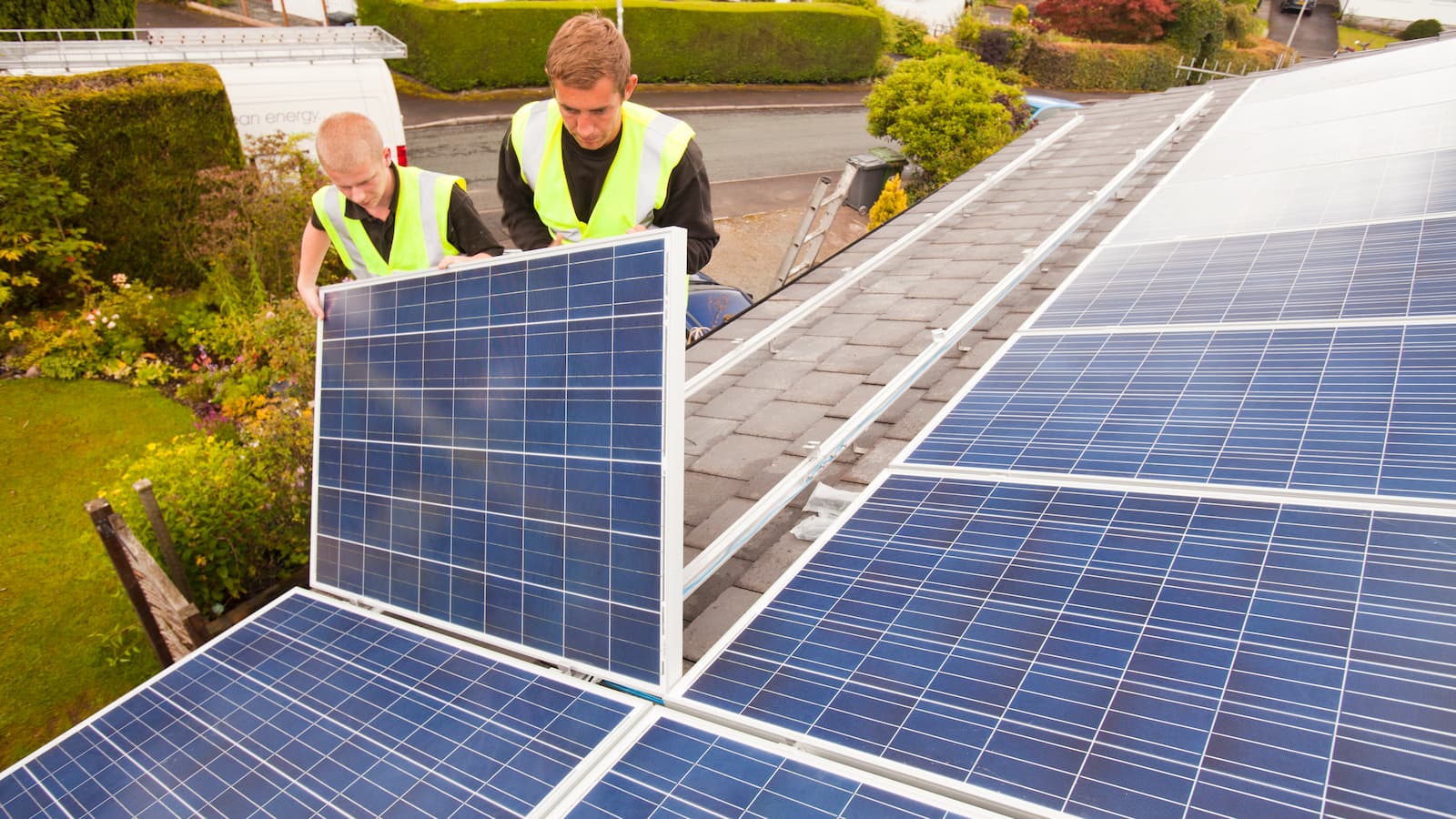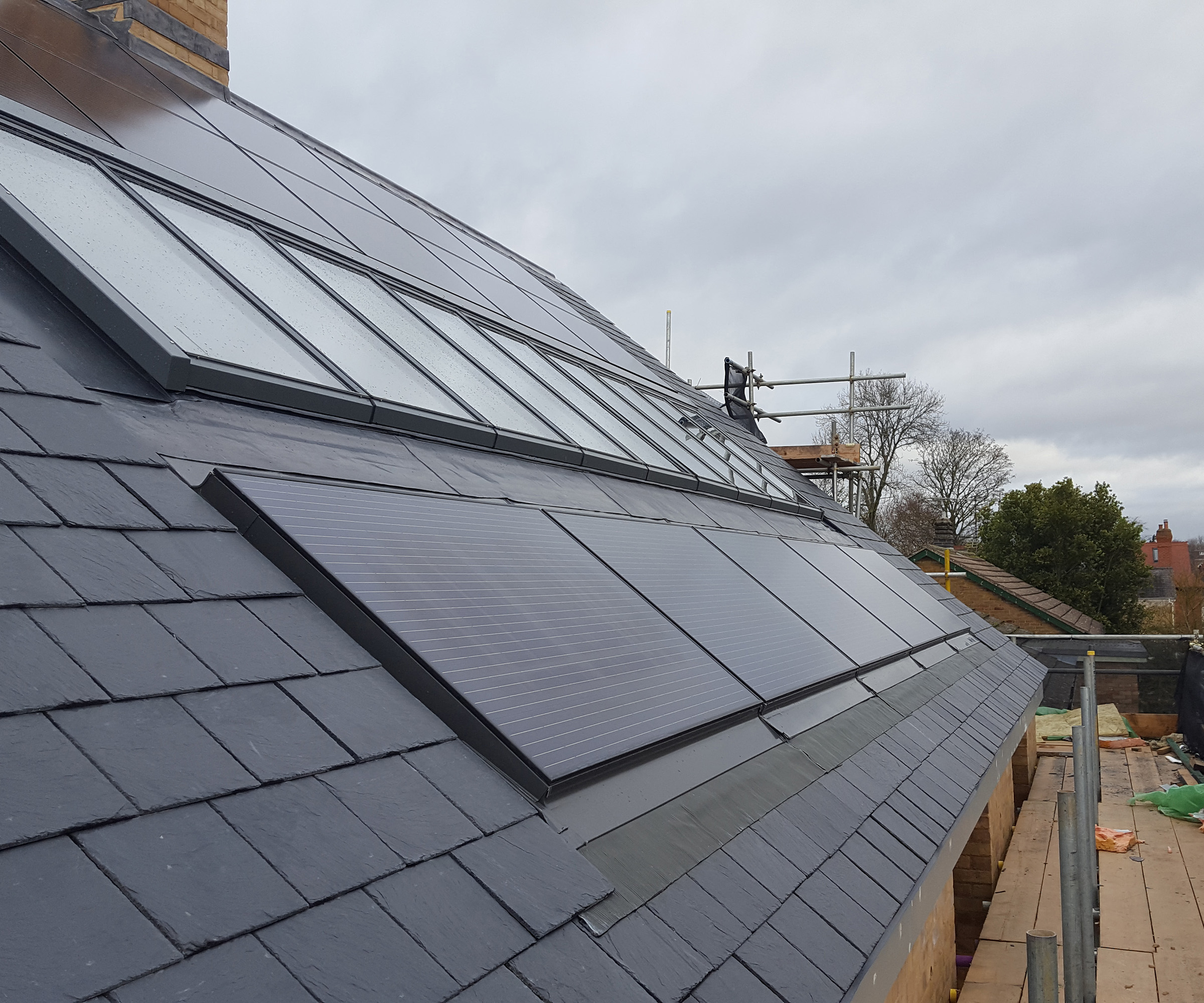Why the cost of getting solar panels for your home is about to rise
The world's leading solar panel provider has reduced tax rebates for solar products

The cost of solar panels in the UK could be set to rise following a major policy change by the Chinese government.
China has reduced export tax rebates for key solar panels and key solar components, including photovoltaic (PV) cells, solar glass and solar ribbons, from 13% to 9%, which could be removed entirely later in 2025.
With China dominating the global solar supply chain, experts warn that UK buyers may soon face higher prices as Chinese manufacturers adjust their export costs.
If you're considering installing solar panels, now may be the time to act before prices go up in 2025.
China slashes export tax rebates on solar products
The Chinese government has reduced export tax rebates for solar panels, a move that could signal rising costs for solar panels in the UK.
The decision that was announced on 1st December 2024, meant China will lower the rebate from 13% to 9%, with experts warning that the remaining rebate could be removed entirely in early 2025.
China's Ministry of Finance and State Taxation Administration confirmed the decision in a document issued on 15th November. The policy change is part of a broader effort to address concerns over overproduction in key industries, including solar PV panels, lithium batteries and electric vehicles.
Get the Homebuilding & Renovating Newsletter
Bring your dream home to life with expert advice, how to guides and design inspiration. Sign up for our newsletter and get two free tickets to a Homebuilding & Renovating Show near you.
How much of Britain’s solar panels come from China?

In 2024 alone, China exported more than £21 billion worth of solar PV products, demonstrating its dominant role in the global market.
A significant portion of these exports goes to European countries where demand for renewable energy solutions continues to grow.
The UK in particular though is heavily reliant on Chinese solar panel imports, with an estimated 40% of panels containing materials sourced from the Xinjiang region alone, according to Green Economy.
Will solar panel prices in the UK rise?
Experts warn that China's rebate cuts could drive up global solar panel prices, affecting both suppliers and consumers in the UK.
At the previous 13% rebate rate, China’s solar PV industry received approximately £2.7 billion in tax refunds. Under the new 9% rebate this will drop by over £790 million, potentially leading to higher costs for overseas buyers.
Experts warn that solar panel prices may rise in the coming months, ending a long period of declining costs. Gerard Scheper, CEO of European Solar, noted that this tax policy shift could mark the beginning of price increases. “The reduction in tax rebates might lead to higher prices in the new year, especially if the remaining 9% tax benefit is abolished in the first half of 2025.”
Industry analysts from Asia Financial echoed this concern, suggesting that exporters are likely to pass on the extra costs, which could result in a price increase of £0.0022 to £0.0033 per watt for overseas buyers. With Britain’s growing focus on renewable energy and solar adoption, this could mean significantly higher costs for homeowners looking to install solar panels.
If China removes the rebate entirely in early 2025, as some Asia Financial and other analysts predict, UK solar panel prices could rise even further. This would make solar installations more expensive at a time when demand for green energy is increasing.
Consumers considering solar panel installation may want to act quickly before these price hikes take effect. With uncertainty around future pricing and supply, securing panels at current rates could save homeowners and businesses thousands in the long run.

News Editor Joseph has previously written for Today’s Media and Chambers & Partners, focusing on news for conveyancers and industry professionals. Joseph has just started his own self build project, building his own home on his family’s farm with planning permission for a timber frame, three-bedroom house in a one-acre field. The foundation work has already begun and he hopes to have the home built in the next year. Prior to this he renovated his family's home as well as doing several DIY projects, including installing a shower, building sheds, and livestock fences and shelters for the farm’s animals. Outside of homebuilding, Joseph loves rugby and has written for Rugby World, the world’s largest rugby magazine.
